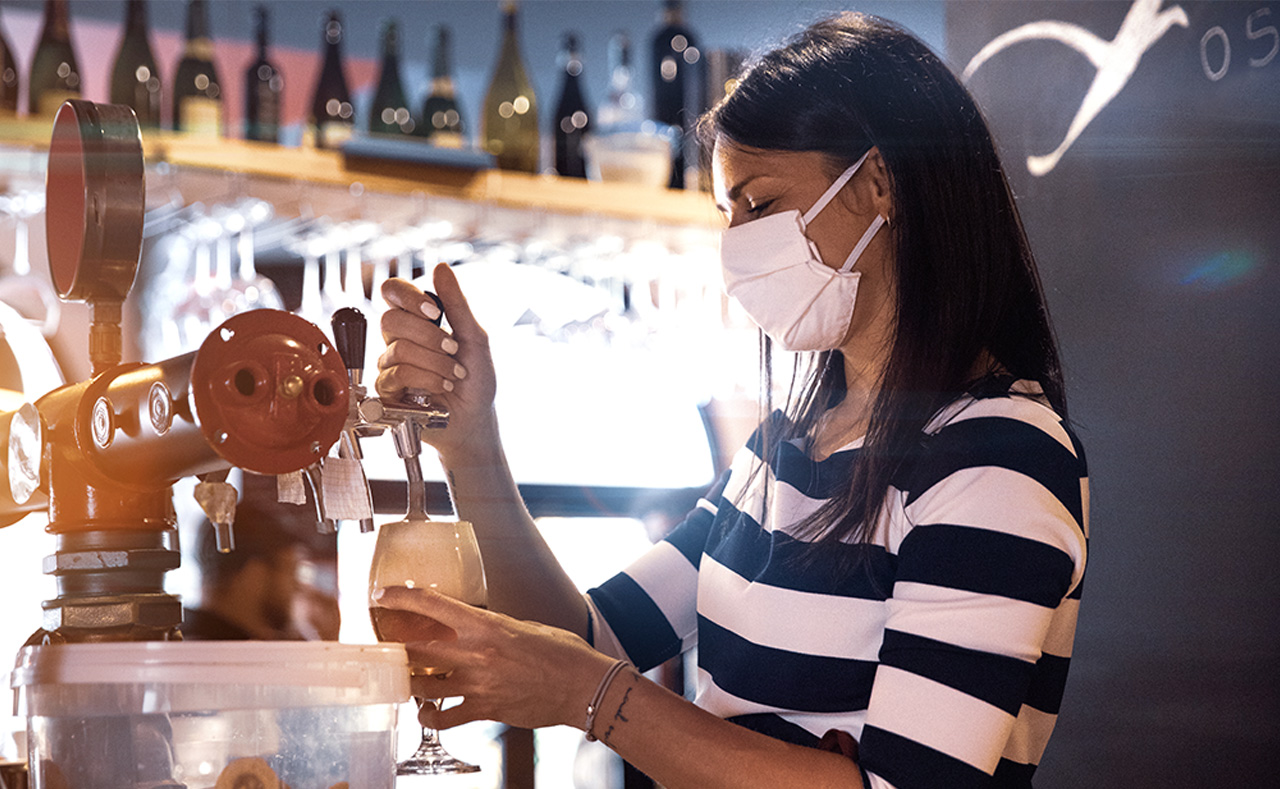Blog /
Freeze the Alcohol Escalator Tax: A Call for Fairness and Economic Recovery
Freeze the Alcohol Escalator Tax: A Call for Fairness and Economic Recovery
Since its implementation, excise rates on beer, wine and spirits have automatically increased seven times by a total of nearly 14%, with another increase of nearly 5% planned for April 1, 2024, which would be the largest one-time tax hike on alcohol in decades.

In light of the challenges Canadians have endured in recent years, the prospect of another tax increase on alcohol is a bitter pill to swallow. Implemented in Budget 2017 without due consultation or economic analysis, the alcohol escalator tax, which automatically ties tax increases to inflation, carries far-reaching consequences for Canadian consumers, businesses, and alcohol producers. Since it’s implementation, excise rates on beer, wine and spirits have automatically increased seven times by a total of nearly 14%, with another increase of nearly 5% planned for April 1, 2024, which would be the largest one-time tax hike on alcohol in decades.
The escalator measure may have seemed like a good idea in 2017, when inflation was relatively stable, but in an era of high inflation it is proving to be devastating. This year’s nearly 5% scheduled increase alone is more than double the previous 5-year average and well-above the Bank of Canada’s mid-range target for cpi inflation of 2%.
Affordability Challenges: Raising prices for Canadian business and consumers
Canadians, already grappling with unaffordable housing, inflation, and some of the highest alcohol taxes globally, deserve a break. The automatic increase in alcohol taxes burdens consumers, fueling higher retail prices and more inflation, with no end in sight unless the tax is repealed. This not only strains household budgets but also impedes Canada’s economic recovery while still grappling with the aftermath of the COVID-19 pandemic.
Economic Ramifications for Domestic Producers: Navigating Global Competition
The escalating tax poses a significant threat to Canada’s domestic alcohol producers, who are already operating in a highly taxed and regulated environment. As these producers grapple with challenges on the global stage from inflation, sluggish sales, trade barriers to evolving consumer preferences., the never-ending annual increases to alcohol taxes, further hampers their ability to compete internationally, driving down investment, growth and job opportunities. For perspective, Canada currently has the highest beer tax rate among G7 countries, and the gap will continue to widen among Canada and our major trading partners so long as the government’s escalator tax measure continues to be deployed.
A Struggling Food Service Industry: Tackling Closures, Job Losses and Soaring Interest Rates
The hospitality industry, particularly restaurants and bars, has borne the brunt of the pandemic’s impact and is still in recovery. This reality is partially reflected in draught beer sales in Canada that remain more than 20% below pre-pandemic levels. These businesses are already dealing with closures and job losses and exhibit some of lowest business optimism for the year ahead, according to the 2023 Q4 Canadian Survey on Business Conditions. The survey also revealed that 61% of businesses in the accommodation and food services industry are already heavily impacted by higher interest rates.
As these establishments strive to recover, increasing alcohol taxes only adds to their woes. The higher prices for alcoholic beverages that come from the government’s current tax policy hinder their ability to attract customers and impedes their recovery from the pandemic’s impacts.
Oversight Gaps in Parliament: A Dangerous Precedent
The automatic escalation of alcohol taxes without any debate or even a vote by Parliament sets a dangerous precedent. Federal tax increases, specifically a nearly 5% rise, should be subject to thorough examination and approval by elected representatives. The lack of study or parliamentary vote on alcohol taxes raises concerns about what other taxes could follow suit, potentially harming businesses and consumers in unforeseen ways.
In 2020, the Canadian Chamber of Commerce, in collaboration with Beer Canada and Spirits Canada, initiated the “Freeze the Alcohol Tax” campaign, calling on the federal government to reconsider the unfair alcohol escalator tax in the upcoming federal budget. Canadians deserve a break, and it is imperative that the federal government takes action to freeze, repeal, or at the very minimum cap the escalator tax during a period of high inflation and demonstrate a commitment to supporting the recovery of businesses, especially those in the hospitality sector, and protecting the interests of Canadians.
Related News

Employee Education is a Critical Defence Against Cyber Attacks

How Your Organization Can Quantify and Reduce Your Cyber Risk




